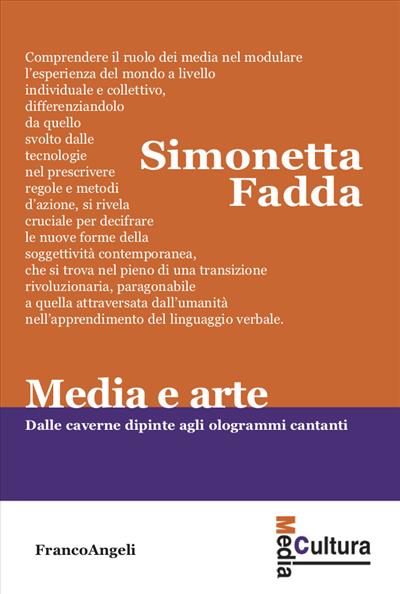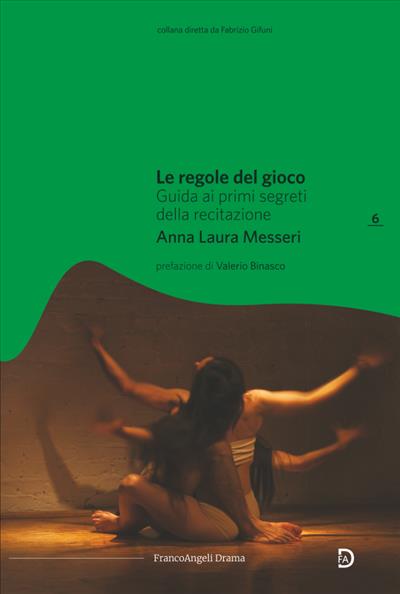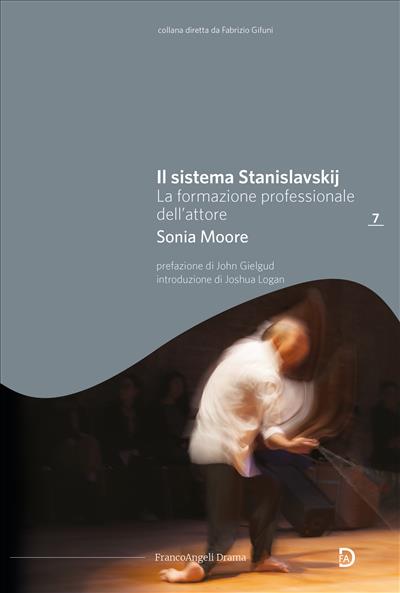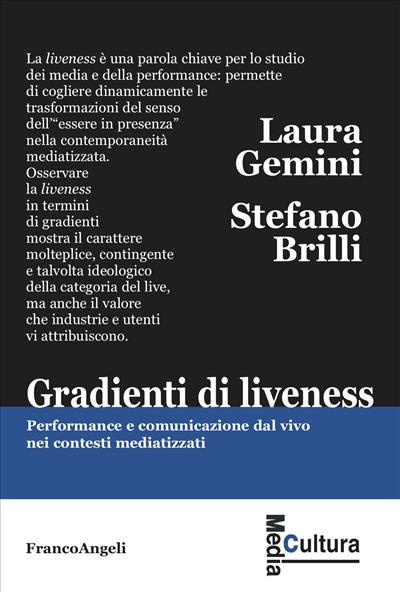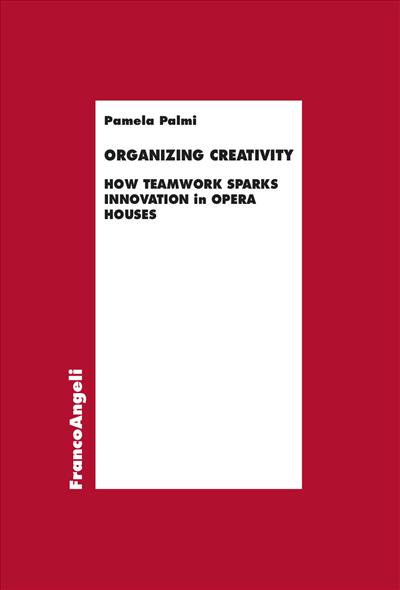
Organizing Creativity
How Teamwork Sparks Innovation in Opera House
Creativity is neither a magical phenomenon nor is it merely generated by individuals endowed with flair and vision. This book aims to offer a new perspective, particularly addressing the issue from an organizational standpoint. How is innovation generated in a workplace during a creative process in the cultural industries? After analysing theories on creativity and reviewing the relevant literature, the book evaluates a specific case from an organizational perspective: the Teatro dell’Opera di Roma, which serves as an emblem for all cultural and creative industries.
Pagine: 180
ISBN: 9788835162872
Edizione: 1a edizione 2024
Codice editore: 365.1327
Disponibilità: Buona
